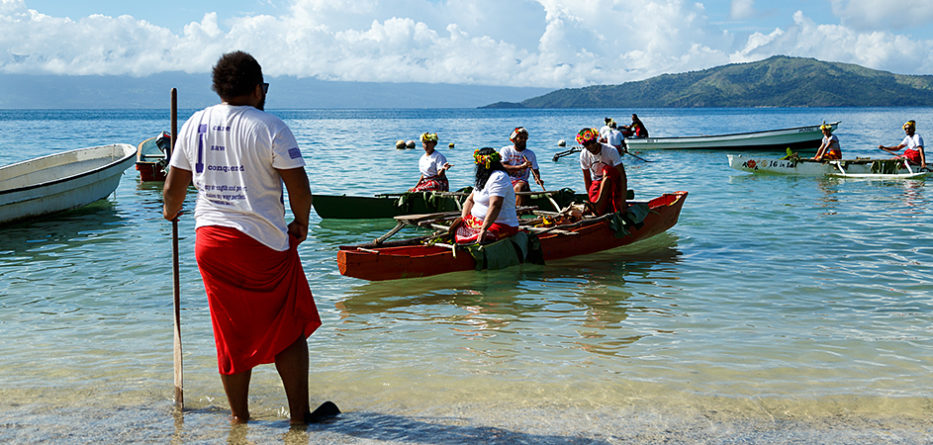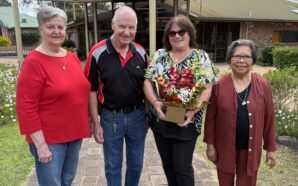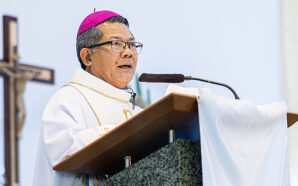Following from last week’s Federation of Catholic Bishops Conferences of Oceania Assembly in Suva, Fiji, a statement focussed on oceans was prepared. The statement speaks of the need for “deeper ecological conversion” and to embrace “the challenge of integral ecology”.
Federation of Catholic Bishops Conferences of Oceania
Suva, Fiji
10 February 2023
This Assembly of Bishops from across Oceania, held in Suva this week, is a significant experience of being Church in the world today. We have been enriched by listening to the diversity of peoples and learning from their ancestral stories about deep relationships with land, sea and sky, the vanua. We have celebrated with communities and received the hope of young people and families with their dreams for a flourishing future with the oceans.
The nations and peoples of the Oceania region are facing some of the world’s greatest uncertainties with growing anxiety, but with faith, hope and resilience. Rising sea levels, extreme weather events, human and economic insecurity, compounded by exploitation and pollution threaten the survival of many communities. The decisions we make today will determine the region’s tomorrow, and how the vaka (canoe) of our peoples is held by the oceans.
Our previous meeting was in Port Moresby in 2018. Since then, the Bishops of Papua New Guinea and Solomon Islands with their communities successfully stopped deep seabed mining. Yet deep sea mining is still being considered in some communities of the Pacific which would adversely affect fish and marine life. People continue to face mining of sands with heavy metals, deforestation and the enormity of the climate crisis in fires, floods, coral bleaching, droughts and extreme temperatures across the region.
A Preparatory Event was held in November 2022. This online event offered people in Oceania the opportunity to participate openly in the process towards this Assembly in Suva. It brought together decision makers of the Church across oceans with an ‘international assembly of experts’ as envisaged by the global synodal process.
One of the most inspiring engagements in Suva was the call to climate action through an artistic presentation by the local community that related the historical suffering during a colonial period, the concerns of losing local livelihoods, resources and lands and having to migrate. This event called Tagi (to lament) and was sung in traditional powerful forms of multiple intonations involving all generations from the local community who have roles and responsibilities including Chiefs. This helped us to understand more fully the historical injustices and contemporary economic greed causing ecological damage to life and livelihoods.
“The synodal path to which Pope Francis has called the whole church means a church of hospitality, encounter and dialogue with the realities of peoples’ lives in Oceania today. We came together to learn and this has been a time of grace and deep conversion. We see our purpose of working together to care for oceans through synodality and mission as an essential dimension of preaching the Gospel” said Bishop Anthony Randazzo, President of the Federation of Catholic Bishops’ Conferences of Oceania.
“The unique face of Oceania has called us together for deeper ecological conversion and to respond from the heart. Embracing the teaching of Laudato Sí and the challenge of integral ecology, we recognise that our economic systems need to be in balance with the pulse of life. We are hearing the cry of the land and water, we are hearing the cry of the poor, we are hearing the cry of the ocean. We are also hearing the Holy Spirit present in all these moments. As disciples of Christ, we commit ourselves to His mission to bring life to all, reconciliation and healing of all the many relationships of which we are part – with God, with our fellow human beings, with sea, earth and sky” said Bishop Anthony.
This week has been a kairos moment and the bishops have been strengthened by the synodal process to lift up their voices for our region and affirm their deepening commitment to our ocean home.
With thanks to the Federation of Catholic Bishops Conferences of Oceania.








